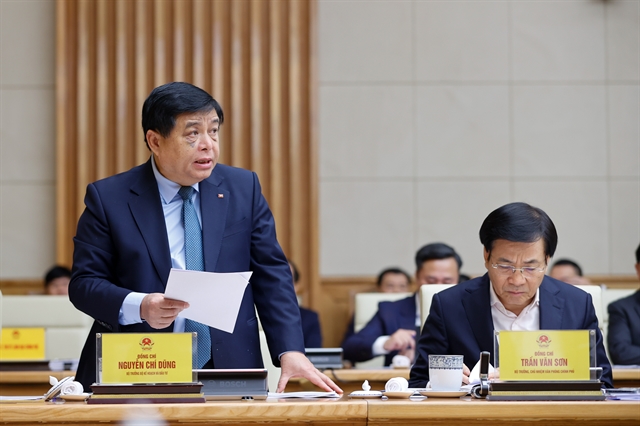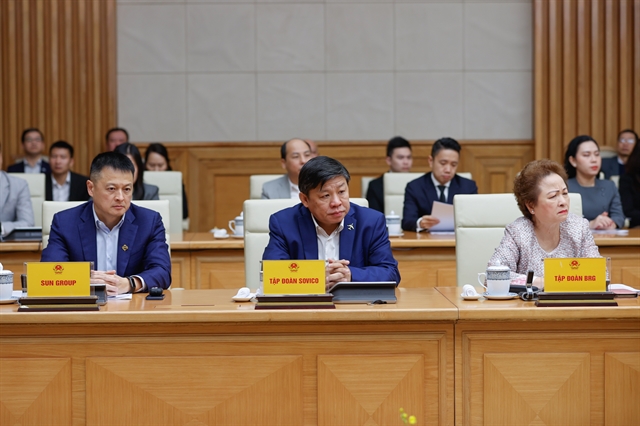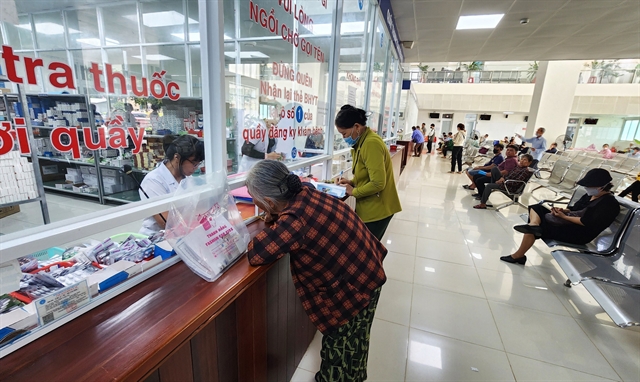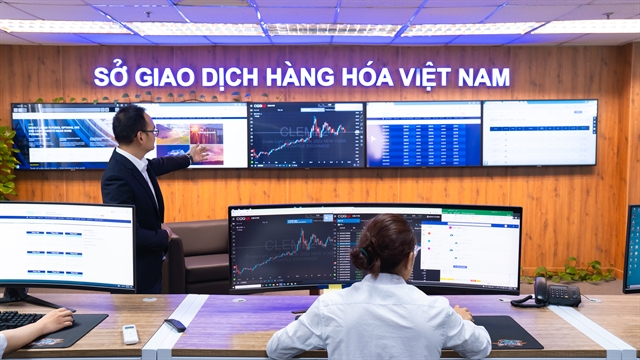 Economy
Economy

 |
| Minister of Planning and Investment Nguyễn Chí Dũng speaks at a Government meeting in Hà Nội on February 10. — Photo baochinhphu.vn |
HÀ NỘI — Minister of Planning and Investment Nguyễn Chí Dũng outlined six strategic directions to accelerate the growth of Việt Nam's private sector during a Government meeting with businesses on February 10 in Hà Nội.
In his remarks, Dũng highlighted the vital role that businesses play in Việt Nam’s economic development, accounting for around 60 per cent of GDP and 98 per cent of export turnover as well as providing jobs for approximately 85 per cent of the workforce.
The minister called for collective recognition of the critical importance of the private sector, particularly private enterprises, in driving economic growth, boosting labour productivity and enhancing national competitiveness.
A key priority is enhancing the institutional framework, which is seen as a crucial driver for creating a more favourable business environment.
“In 2025, we must revamp the legal framework to focus on development, abandoning the ‘if you can’t manage it, ban it’ mindset. We need to embrace result-oriented management and shift from ‘pre-check’ to ‘post-check’, while strengthening inspection and supervision,” he said.
Another major focus at the meeting was the need to streamline administrative procedures, improve the business environment and address bottlenecks, especially in sectors such as real estate, public-private partnerships and renewable energy.
The minister emphasised the importance of immediate action to support large-scale infrastructure projects, particularly in major cities like Hà Nội, HCM City and Đà Nẵng, to unlock resources for businesses and stimulate economic growth.
In addition to infrastructure development, he advocated for expanding pilot policies and mechanisms that have already proven successful in certain regions, aiming to replicate their benefits nationwide.
He stressed the importance of tapping into State resources to stimulate private sector investments, particularly in strategic infrastructure such as expressways, high-speed rail and offshore wind energy projects.
Another key point of focus was innovation, technology and digital transformation.
Dũng reaffirmed that science, technology, innovation and digitalisation are essential to Việt Nam’s future, calling for policies that would foster the growth of large-scale, Vietnamese-led enterprises that can lead value chains both domestically and internationally.
The minister also underscored the importance of boosting domestic consumption and expanding export markets, particularly by taking advantage of Việt Nam’s 17 free trade agreements. He encouraged businesses to capitalise on new opportunities in emerging markets, particularly those that have recently upgraded their strategic partnerships with Việt Nam.
 |
| Business leaders at the meeting. — Photo baochinhphu.vn |
Dũng urged large enterprises to lead national challenges and innovative projects, while encouraging small- and medium-sized businesses to innovate, improve management and build global Vietnamese brands. Despite progress, he acknowledged that many businesses remain small, and Việt Nam’s entrepreneurial ecosystem still lacks large enterprises capable of driving major economic change.
He highlighted several challenges, including slow infrastructure development, weak market demand and ongoing legal and regulatory barriers that continue to hinder the private sector. The minister urged swift action to tackle these issues, emphasising the importance of a more business-friendly environment to facilitate growth.
He also pointed out that the global landscape is rapidly changing, with new industries emerging, shifting policies from major economies and growing trade barriers. While these developments pose risks, they also present new opportunities for Việt Nam and its businesses to adapt and thrive in the global economy.
Dũng’s message to Việt Nam’s business community was clear: the private sector must continue to evolve and innovate to maintain its role as a key driver of economic development in the face of new global challenges. — VNS




